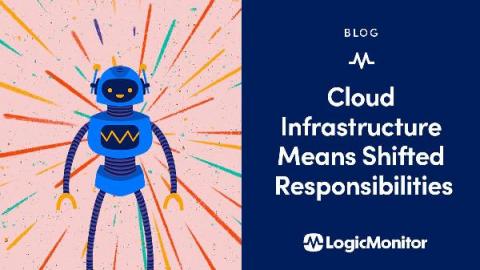Best practices for monitoring GCP audit logs
Google Cloud Platform (GCP) is a suite of cloud computing services for deploying, managing, and monitoring applications. A critical part of deploying reliable applications is securing your infrastructure. Google Cloud Audit Logs record the who, where, and when for activity within your environment, providing a breadcrumb trail that administrators can use to monitor access and detect potential threats across your resources (e.g., storage buckets, databases, service accounts, virtual machines).











